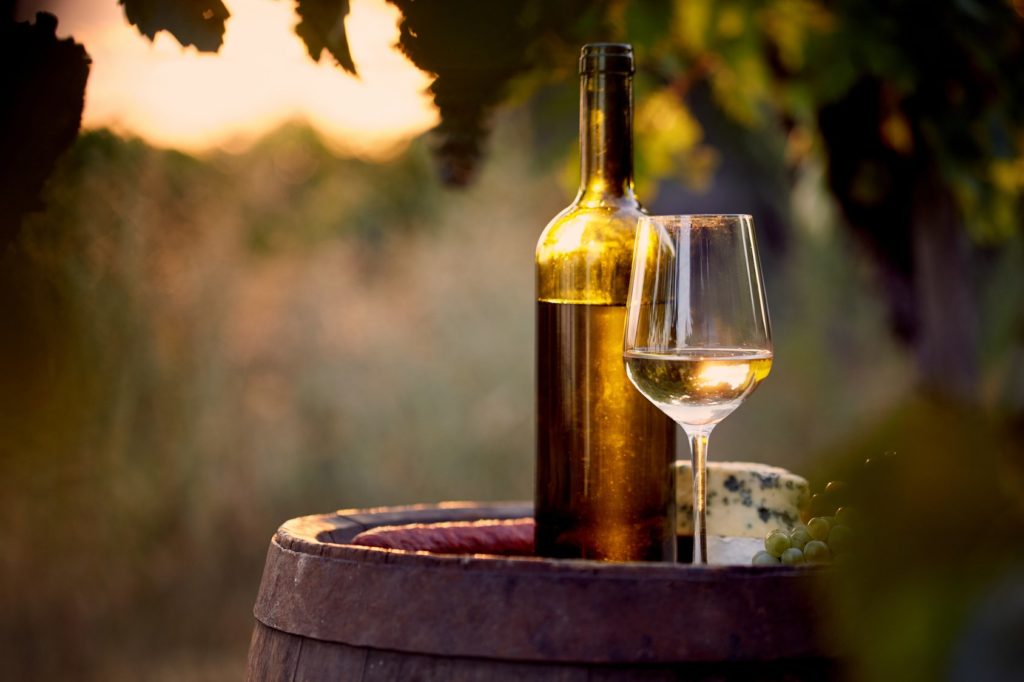
By David Pierce
I love wine. And that love has moved me to visit some of the finest wine regions of the world—touring wineries and even participating in the production of several barrels in the Napa and Sonoma Valleys of California, from harvest to bottling.
Through my travels, I’ve come to understand the nuances of making a great bottle of wine. And, as a business coach, I have realized that there are a lot of parallels between fine winemaking and fine leadership. The following are four leadership lessons I’ve learned from the vineyard that can help you be a better leader:
1. A great wine begins from great root stock
Root stock is a part of the grape vine, typically underground, that produces new growth above ground. Having root stock with a history of producing excellent wine is like possessing gold. Each root stock delivers unique characteristics to the fruit from its pedigree.
In the same way, leaders must possess root stock characteristics, such as integrity, drive, passion, and empathy—or they cannot be great leaders. These traits are refined and improved year after year through the process of being a leader, just as root stock characteristics will be refined year after year during the growing process.
2. Quality wine requires a quality environment
Soil types, temperature zones, rain, and countless other environmental elements have a huge impact on wine quality; prized vineyards in Napa can go for millions of dollars per acre. In the same way, leadership execution requires an environment conducive to a particular leader’s style.
Does the leader invest in his team in mentoring and education? Are others drawn to the culture the leader creates, so they are receptive to the leader’s direction and teaching? Does the leader live the company’s core purpose and core values, and is the culture alive with these attributes?
Just as environment impacts wine quality, leaders cannot be effective and successful if they don’t create and work in a culture with strong values that can be shared with the team. The right culture has a significant impact on the legacy of a great leader.
RELATED: How Do Your Leadership Skills Stack Up?
3. The best wines come from vines that undergo a certain level of stress
Winemakers know when to prune vines, and give them limited water to maximize their quality. Due to the “stress” put on the vines, they produce higher quality grapes. The winemaker induces this stress intentionally, knowing they risk damaging the crop if it’s not managed properly. But the risk is worth it, because without it, great wine is not possible.
Like the winemaker, any great leader will tell you how self-imposed stress made her a better leader, once she got to the other side of it. The stress involved in taking risks and moving outside her comfort zone on a regular basis can produce exponential benefits when balanced with the right attitude. Winemakers take the risk because they can already see that prized wine being enjoyed years in the future. Great leaders continually push themselves to new limits because they too are focused on the long-term result.
4. The best wines in the world require time in the bottle
Even with the care and carefully managed conditions in the grape growing and production process, wines only become great after years of aging. Wines go through several transitions in the bottle, and without proper aging, the wine will only be average.
